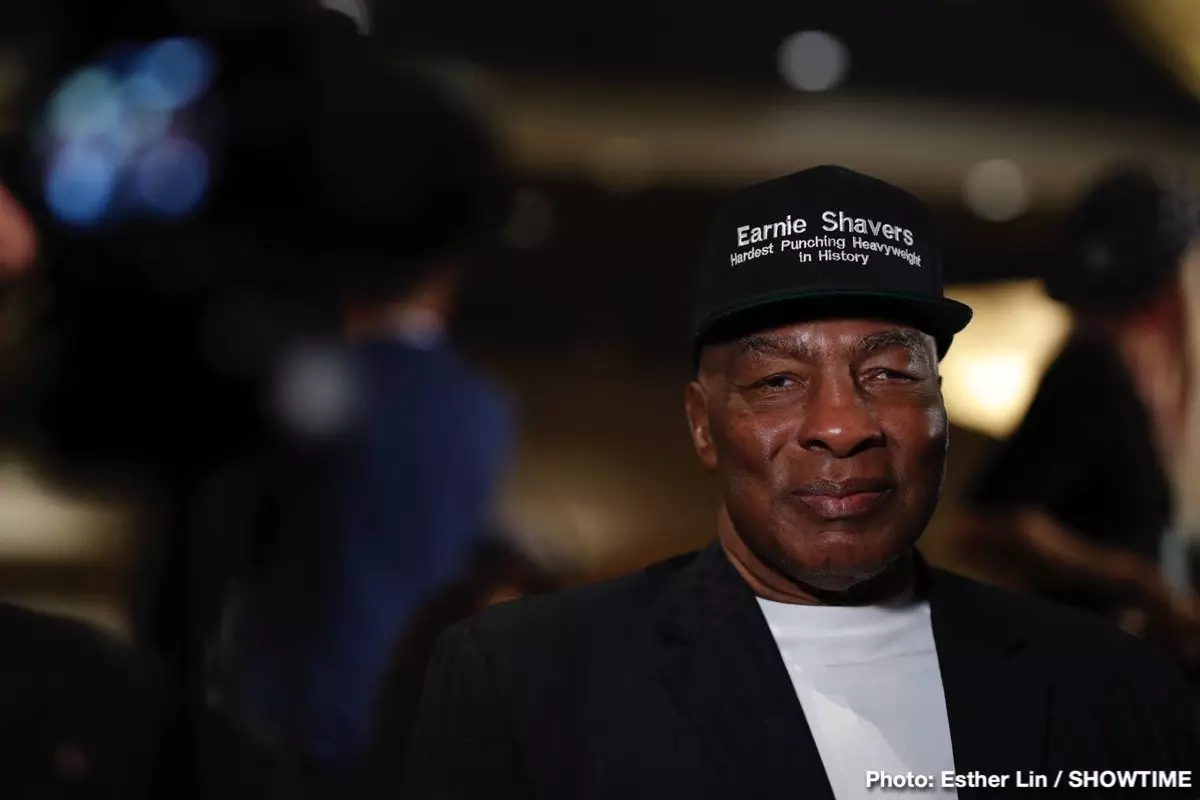Jimmy Young, hailing from Philadelphia, stands as a poignant example of a boxer whose raw talent and defensive prowess often went unnoticed and unappreciated in the unforgiving world of professional boxing. With an amateur career that included winning the New Jersey Golden Gloves, Young displayed the foundational skills necessary to be successful. However, his entry into the professional scene was anything but smooth. Facing daunting opposition right from his sixth professional bout, Young encountered seasoned fighters who tested his resolve.
His professional debut was not easy; he met Roy Williams, an experienced contender, and was bested in a four-round match. This loss would set the tone for Young’s initial stretch in the sport—a series of uphill battles riddled with setbacks. After suffering another defeat, this time against Randy Neumann, Young took a hiatus from the ring, only to come back against the formidable Earnie Shavers. The brutal puncher knocked Young out in three rounds, yet this did not deter him.
Despite these initial challenges, Young’s fortune began to change as he gained experience and confidence in the ring. Sparring sessions with heavyweight champion Joe Frazier honed his skills and deepened his understanding of the sport. With renewed vigor, Young embarked on a journey that would see him notch some impressive victories, capturing the attention of boxing enthusiasts and experts alike.
One significant matchup occurred exactly fifty years ago—when Young faced Shavers in a rematch. Although he was knocked down in the fourth round, he rebounded in the latter part of the bout, showcasing his boxing acumen. However, a dubious draw left fans questioning the fairness of the decision. This unfortunate pattern of being on the receiving end of questionable verdicts would continue to plague his career.
As Young’s skills improved, so did the stakes of his fights. Even the legendary Muhammad Ali saw Young as a worthwhile challenge, albeit underestimating him. Their contest in April 1976 marked a crucial moment; Ali, out of shape and uninspired, struggled against Young’s crafty style. Despite Young’s impressive performance, the judges awarded Ali a unanimous decision, further adding to Young’s mythos of misfortune in the ring.
Young’s stature persisted as he continued to draw attention with solid victories, including a pivotal win over Ron Lyle. Everything culminated in March 1977, when he squared off against George Foreman. Young executed a masterclass performance, outboxing Foreman and even scoring a knockdown in the final round. The unanimous decision in his favor affirmed Young’s capabilities as a top-tier heavyweight. His triumph over Foreman not only solidified his position within professional boxing but also brought forth deeper reflections on how talent sometimes goes unrewarded.
Following his success, Young faced Ken Norton in a bout that would turn out to be another nail-biter. A narrow decision loss robbed him of a shot at the vacant WBC heavyweight title. Had Young emerged victorious, his career trajectory could have been dramatically different. Would he have posed a genuine challenge to Larry Holmes and changed the course of heavyweight boxing?
Falling victim to a slow decline afterward, Young struggled to maintain the same vigor he once had, with lackluster performances resulting in further decision losses. These setbacks affect any athlete’s resolve, and for Young, the dream began to fade; he encountered the end of his career amidst a string of defeats against other titleholders.
Retiring in 1990, Young’s career record—35 wins, 18 losses, and 3 draws—failed to reflect the true potential he had displayed in the ring. His battles were not just against opponents, but against the whims of fate that seemed determined to overlook his greatness. Economic hardships later in life served as a tragic postscript to his story, culminating in a poignant moment when future heavyweight champion Mike Tyson honored him by offering financial help.
Jimmy Young’s legacy remains one of resilience amidst adversity. Many experts, in retrospect, believe that had he fought in today’s more meritocratic landscape, he would be a formidable opponent for today’s heavyweights. A hypothetical matchup against contemporary stars like Oleksandr Usyk, Tyson Fury, or Anthony Joshua would certainly ignite the imagination of boxing fans and historians.
In the end, while Young may have never held a championship belt, he secured a lasting place in boxing history—a bittersweet reminder of a talent that perhaps, tragically, never received the recognition or rewards commensurate with his abilities.


Leave a Reply